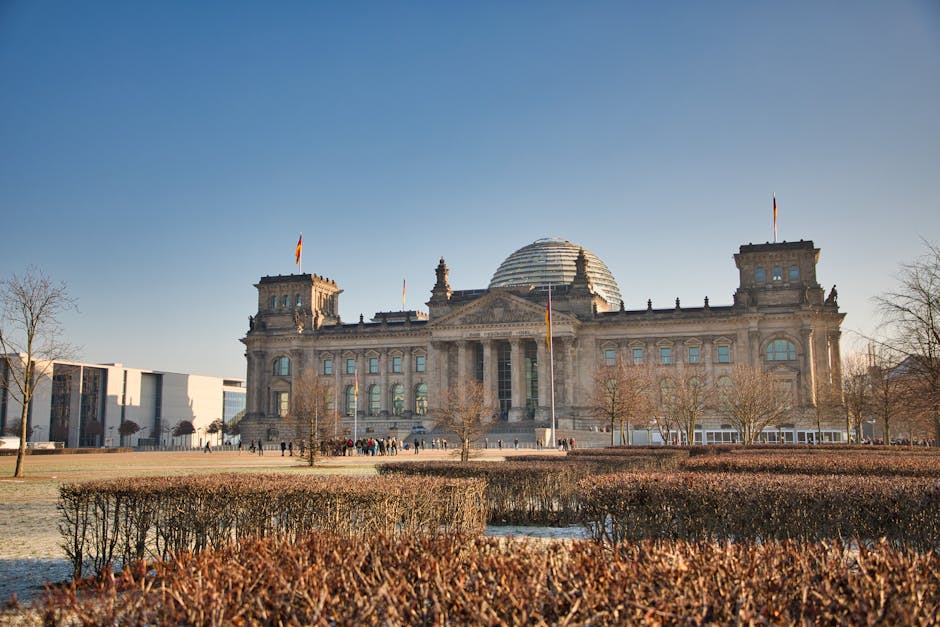Corruption, a pervasive blight on political systems worldwide, extends far beyond the immediate, tangible consequences. Its corrosive impact seeps into the very fabric of society, leaving an enduring legacy of societal instability and stunted progress. Understanding the long-term effects of corruption necessitates examining the multifaceted ways in which it undermines fundamental aspects of a functioning political system.
A key initial effect is the systematic erosion of public trust. When citizens witness repeated instances of dishonesty and unethical behaviour in their governance, faith in institutions diminishes. This loss of confidence is not easily regained. Individuals begin to perceive the political process as rigged, manipulated, and ultimately, irrelevant to their needs. This cynicism can manifest in a variety of ways, from disengagement from the political process to active resistance and unrest. Apathy and a lack of participation, in turn, weaken the democratic system from within, making it increasingly vulnerable to further manipulation and abuse.
Beyond diminished trust, corruption invariably leads to a decline in institutional capacity. Effective governance requires strong and accountable institutions. But when corrupt practices become ingrained, the very foundations of these institutions are undermined. The judiciary, for instance, loses its impartiality when judges are susceptible to bribery or political pressure. The police force loses its legitimacy when its members are engaged in illicit activities. Consequently, the rule of law is jeopardized, and citizens are deprived of the protections and guarantees it provides.
A significant and enduring consequence is the misallocation of resources. Corruption often diverts funds meant for public services, infrastructure projects, and social programs into private pockets. This not only undermines the well-being of citizens but also perpetuates an unequal distribution of resources, deepening existing social inequalities. A country grappling with corruption often finds its educational system underfunded, its healthcare system compromised, and its infrastructure crumbling. This lack of investment in crucial sectors severely hampers economic growth and development, trapping a nation in a cycle of poverty and dependence.
The economic fallout of corruption is substantial and prolonged. The diversion of public resources into private hands, coupled with the uncertainty and instability that corruption breeds, discourages foreign investment. Investors are hesitant to commit to a market where the rule of law is weak and where corruption is pervasive. This reluctance in foreign capital leads to limited economic opportunity, stagnation in job creation, and reduced overall prosperity. Moreover, corruption can hinder entrepreneurship and small business development, further impeding economic dynamism.
Furthermore, corruption often breeds an environment of impunity. When those in power are shielded from accountability, it emboldens future wrongdoers and discourages potential whistleblowers. This lack of consequence fosters a culture of corruption that spreads like a malignant disease through all levels of society. Legal frameworks intended to prevent and punish corruption become ineffective tools in a climate where those in positions of authority are not held to the same standards as the general populace.
Socially, corruption creates a climate of injustice and inequality. The disadvantaged populations often bear the brunt of corrupt practices, experiencing the negative impacts disproportionately. They are more vulnerable to exploitation and abuse, and they often lack the resources or influence to challenge these injustices. This exacerbates existing social divisions and ultimately breeds resentment and social unrest. It creates a cycle of disadvantage that is difficult to break.
One might also consider the detrimental impact on international relations. A nation perceived as corrupt is often ostracized by the international community, leading to reduced diplomatic influence and a decline in foreign aid. This loss of international goodwill further isolates the country and diminishes its opportunities for cooperation and trade. Ultimately, the global reputation of such a country suffers, impacting its standing in the world.
Addressing these long-term effects necessitates a multi-pronged approach. Strong anti-corruption institutions, transparent governance, and robust legal frameworks are essential for prevention and enforcement. Building public trust requires a conscious effort to promote transparency, accountability, and citizen participation in the decision-making process. Crucially, education and awareness-raising campaigns can foster a culture of integrity and responsibility within society. Combating corruption is not just about punishing offenders; it’s about transforming the underlying systems and attitudes that allow it to thrive.
In conclusion, the long-term effects of corruption are far-reaching and deeply damaging. The corrosive nature of dishonesty and unethical behaviour erodes trust, undermines institutions, misallocates resources, stifles economic growth, and exacerbates social inequalities. The consequences extend to international relations and impact the entire fabric of a society. Combating this insidious problem requires a collective effort, involving governments, civil society, and citizens alike. Only through determined action can nations hope to overcome the enduring legacy of corruption and build a more just and prosperous future.
